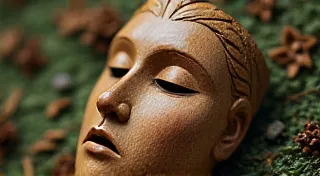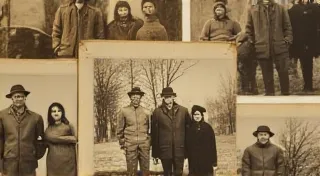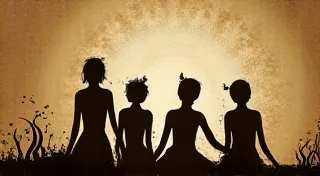Shadows of the Past: Games as Historical Resistance
The scent of aged wood, the whisper of a well-worn handle, the faint echo of laughter – these are the sensory anchors to a past we often struggle to grasp. Antique accordions, for example, aren't just instruments; they're time capsules. Their bellows have exhaled the melodies of generations, bearing witness to joys and sorrows, celebrations and struggles. And, much like these beautifully crafted machines, traditional games possess a quiet power, a subtle strength born of resilience. They are more than just diversions; they are living testaments to cultural identity, and in some instances, powerful forms of resistance against oppression. They whisper tales of defiance, preserved in the rules of play, the shared joy, and the communal memory.

The Playful Defiance: An Introduction
Colonialism, imperialism, and political subjugation rarely manifest solely through overt force. Often, the most insidious forms of control are cultural – attempts to erase identity, suppress language, and dismantle traditions. But the human spirit is tenacious. It finds ways to express itself, to connect, to remember. And sometimes, the battlefield isn’t a field of combat, but a patch of dirt where children are playing a seemingly simple game.
Traditional games, passed down through generations, become powerful symbols. They act as memory keepers, subtly transmitting values, history, and language. When a culture is actively discouraged from speaking its language or practicing its customs, these games offer a clandestine space for preservation – a shared language understood without words, a reaffirmation of belonging that defies imposed authority.
The Kokpa of Afghanistan: A Test of Courage and Community
Consider Kokpa, a traditional Afghan game often described as "Buzkashi’s younger brother.” Buzkashi, a brutal equestrian sport involving grabbing a goat carcass and bringing it across a field, is well-known, but Kokpa offers a gentler, yet equally evocative, representation of Pashtun culture and tribal identity. Played predominantly in the eastern regions of Afghanistan, Kokpa involves riders attempting to pick up a small stuffed goat (“charkhi”) and carry it across a boundary line. While the game might appear playful, it represents much more.
During periods of Taliban rule and subsequent conflict, the open expression of Pashtun culture has been severely restricted. Kokpa, however, often continued to be played in remote villages, serving as a vital link to ancestral traditions and a powerful symbol of community solidarity. It wasn's just about the game itself; it was the gathering, the shared experience, the reaffirmation of a way of life that was constantly under threat. The rules, passed down orally, became a living archive of cultural understanding, a subtle rebellion against attempts to dictate what it meant to be Pashtun.
La Crosse in the Midwest: Indigenous Resilience in the Face of Assimilation
In the American Midwest, the game of La Crosse, or Lacrosse, offers a similar narrative. Originally known as “the Creator’s Game” by various Indigenous nations across North America – the Ho-Chunk, Ojibwe, Dakota, and others – Lacrosse holds deep spiritual significance. It was a central part of ceremonies, a way to settle disputes, and a crucial element of tribal life.
Following European settlement, particularly during periods of forced assimilation policies, Indigenous languages and traditions were actively suppressed. Residential schools, designed to erase Indigenous culture, forbade the practice of traditional games. Yet, the spirit of Lacrosse proved remarkably resilient. Children, often risking punishment, continued to play the game in secret, passing down the skills and traditions through generations. The game wasn’t just sport; it was a defiant act of cultural preservation, a silent protest against the imposition of a foreign identity.
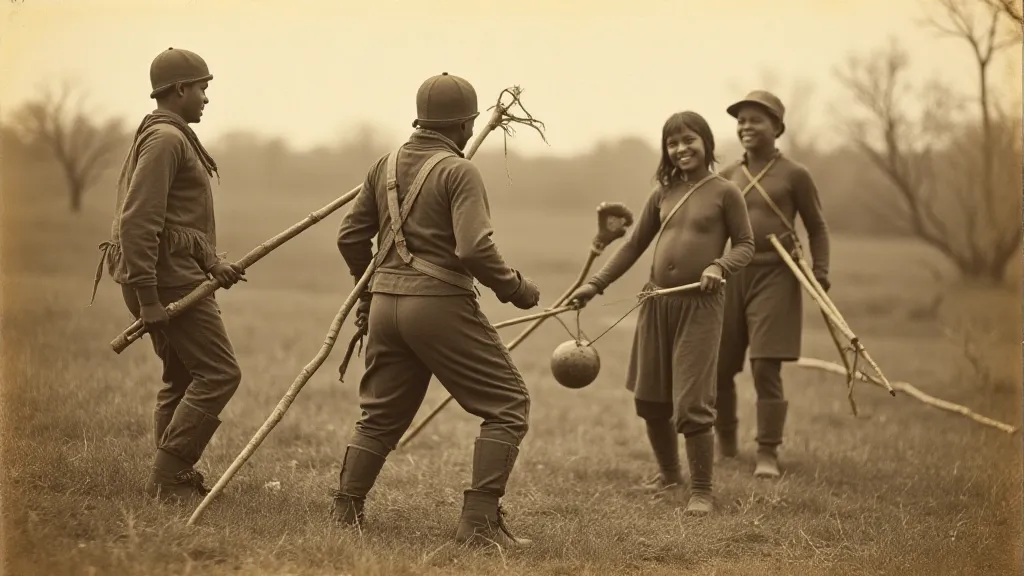
The 'Gomoku' of Japan: Subtle Defiance During the Edo Period
Even seemingly innocuous games like Gomoku (Five in a Row), a simple abstract strategy board game popular throughout East Asia, can hold a history of resistance. During the Edo period in Japan, a time of strict social hierarchy and government control, forms of artistic and intellectual expression were heavily regulated. While overt political dissent was swiftly punished, seemingly harmless activities like playing games provided a subtle avenue for social interaction and the preservation of cultural nuances.
Gomoku, being a game that could be easily played on a simple grid drawn in the dirt or on a piece of paper, facilitated gatherings and fostered a sense of community. The nuances of gameplay, the strategies employed, and the unspoken social cues associated with the game all contributed to the reinforcement of subtle cultural values that might have been otherwise suppressed under the Tokugawa shogunate's rigid system.
The Restoration and Appreciation of Cultural Heritage
The preservation of traditional games is not just about nostalgia; it’s about safeguarding cultural heritage. The act of restoring antique accordions, painstakingly repairing cracked bellows and adjusting worn reeds, mirrors this effort – it’s a tangible connection to the past, a reclamation of a lost voice. Similarly, supporting communities that keep these games alive, documenting their rules, and sharing their stories ensures their survival for future generations. The craftsmanship involved – the hand-carved sticks of Lacrosse, the intricately woven goat of Kokpa – are testaments to human ingenuity and the enduring power of cultural expression.
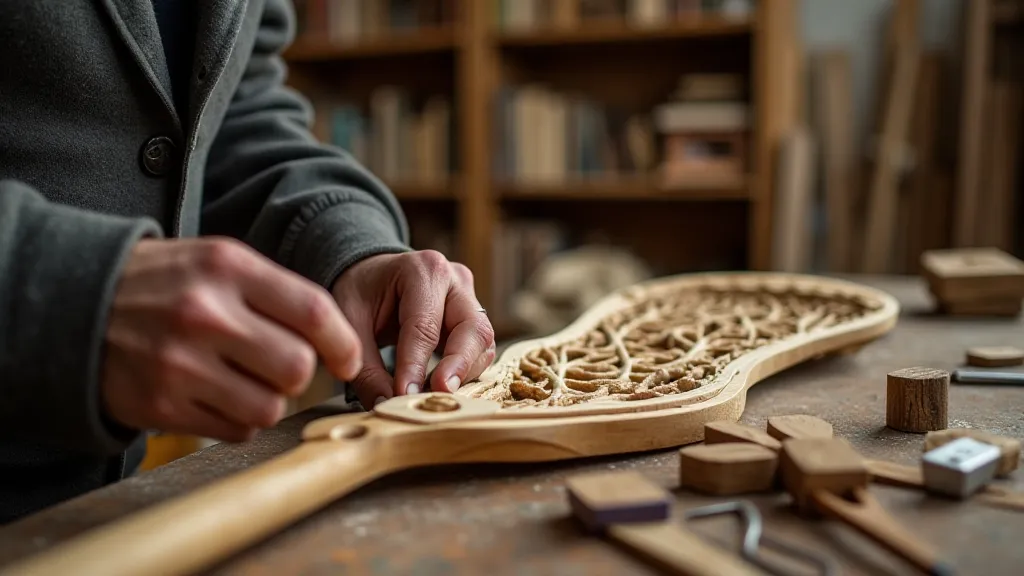
The Enduring Power of Play
Traditional games are far more than just diversions; they are living embodiments of cultural memory, subtle forms of resistance, and powerful symbols of identity. They offer a poignant reminder that even in the face of oppression, the human spirit finds ways to endure, to connect, and to celebrate its heritage. As we engage with these games – whether by playing them, studying their history, or simply appreciating their significance – we are not just preserving a tradition; we are honoring the resilience and ingenuity of those who came before us. They are echoes of the past, whispering tales of defiance, and reminding us of the enduring power of play.

